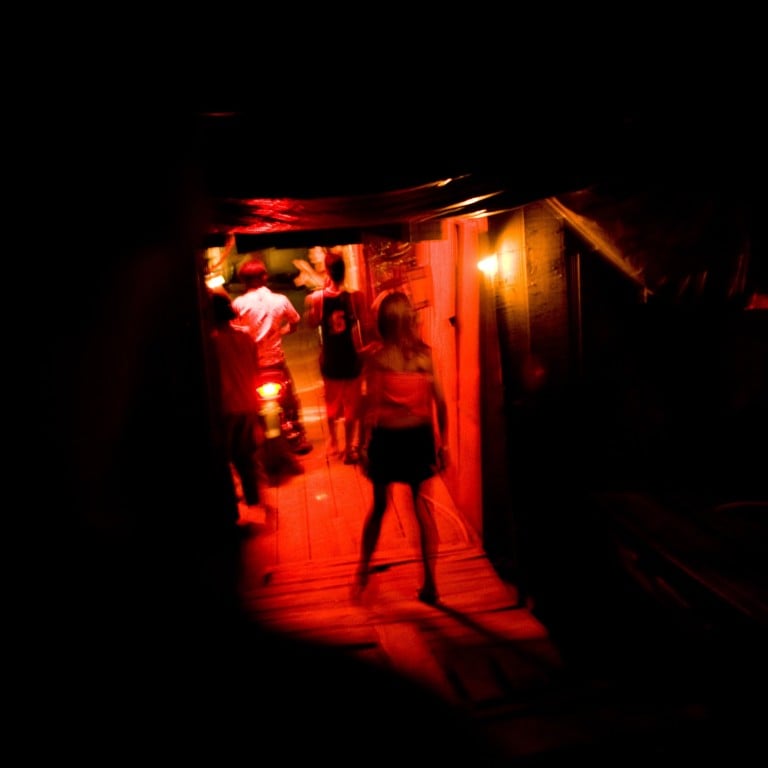
Child prostitutes, teen drug addicts: Southeast Asia’s dark side revealed in Malaysian comic artist’s new book
- A group of Malaysian friends travelled across Southeast Asia 20 years ago looking to eat, shop and laugh, but they discovered more than they were prepared for
- ‘All I saw was futures being destroyed,’ says comic artist Arif Rafhan Othman, who has chronicled the journey in the graphic novel Reality B****slap
Trips with the guys are meant to be fun holidays offering a chance to have a break from everyday life. But for Malaysian comic artist Arif Rafhan Othman, he and his friends got more than they bargained for when they set out on a rollicking journey across Southeast Asia 20 years ago.
Rafhan and his friends saw a young girl who was selling flowers stroke an old man’s arm suggestively, allowing the stranger to tickle her in a way far beyond familial. When they returned to their hostel later that night, they saw two scantily clad girls – no older than 10 – waiting under a lamp post, for presumably only one reason.
Two decades on, the memory still haunts him.
“Recalling that moment still makes my stomach churn,” says the 43-year-old father of three. “All I saw was futures being destroyed. These kids were so young, and their lives were being ruined by these so-called tourists with money – it was devastating.”
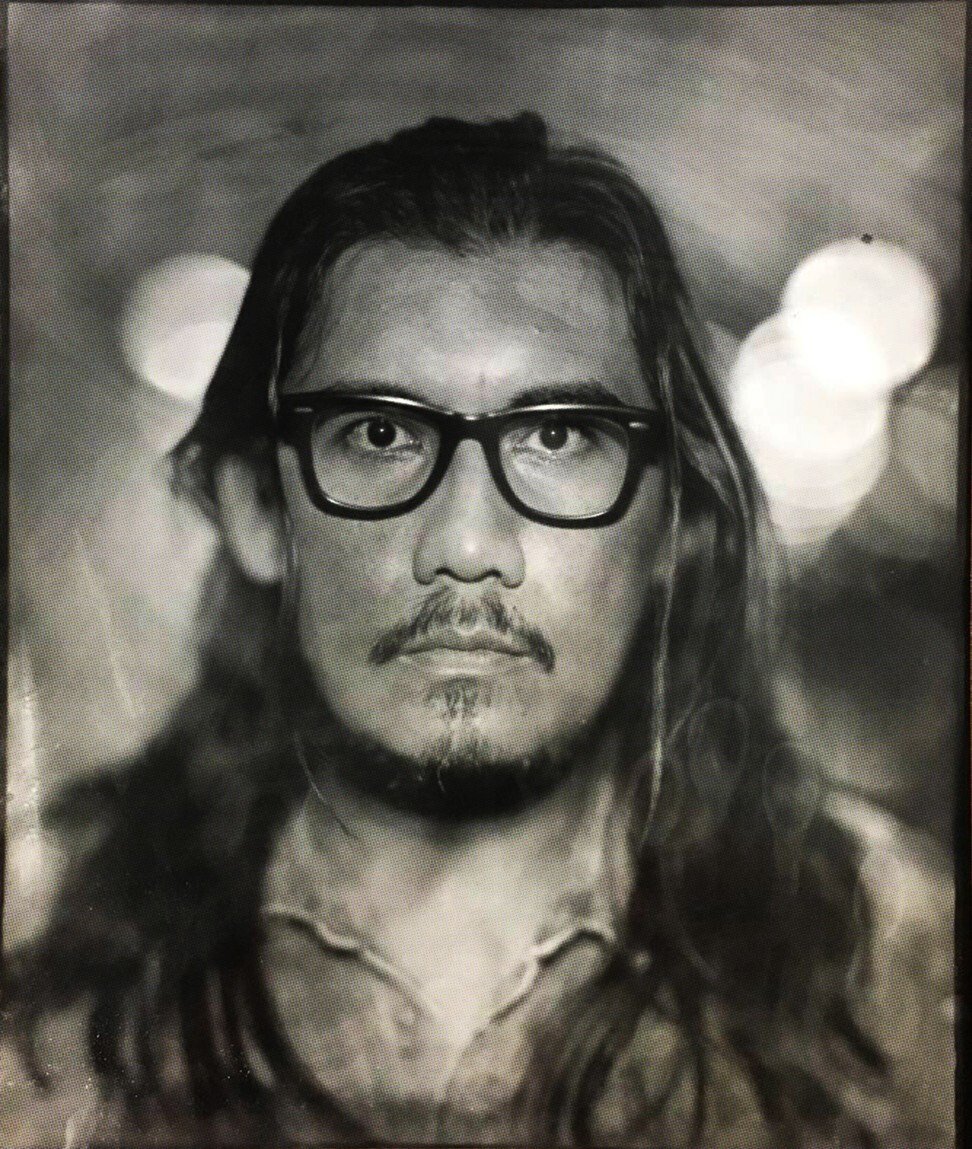
It was these incidents that compelled Rafhan to chronicle his two-year journey across Southeast Asia in a graphic novel, which he has pointedly titled Reality B****slap.
As naive 20-year-olds fresh out of school, Rafhan and his friends wanted to experience Southeast Asia for themselves. “When you’re in college, all you see is statistics comparing [Malaysia] with other countries,” he says. “We saw our neighbouring countries from the other side of the wall, and we formed certain judgments about each other.”
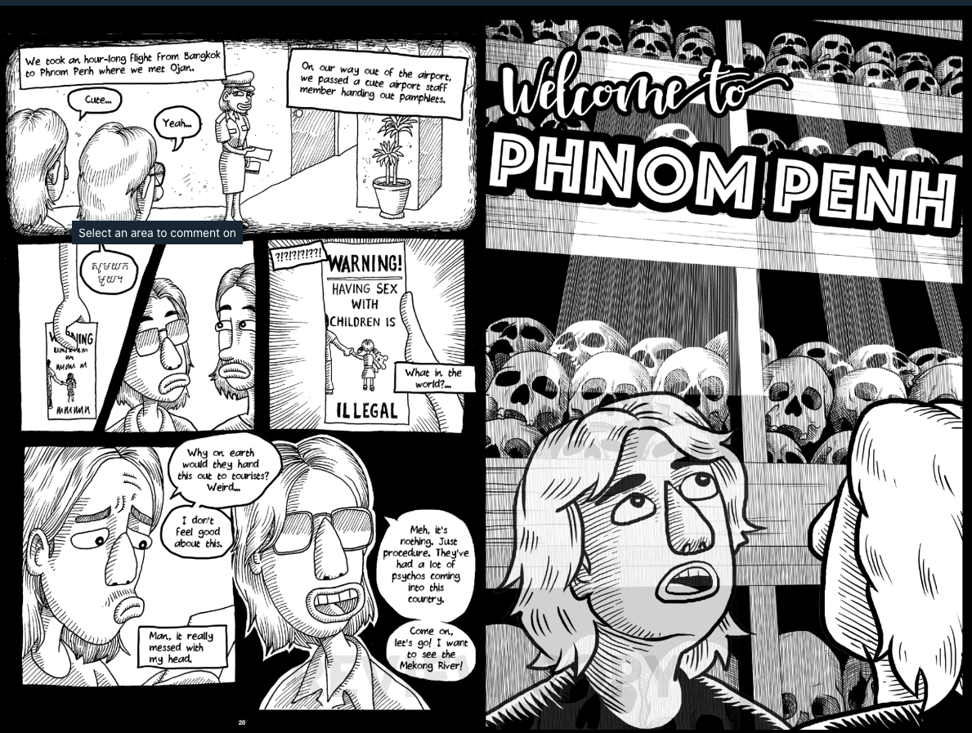
“I want to remind myself and readers that these things exist,” he says. “We have to accept the fact that these poor people are hustling, and they are our fellow Southeast Asians – our brothers and sisters. It was a big slap to my understanding about the world and our neighbouring countries.”
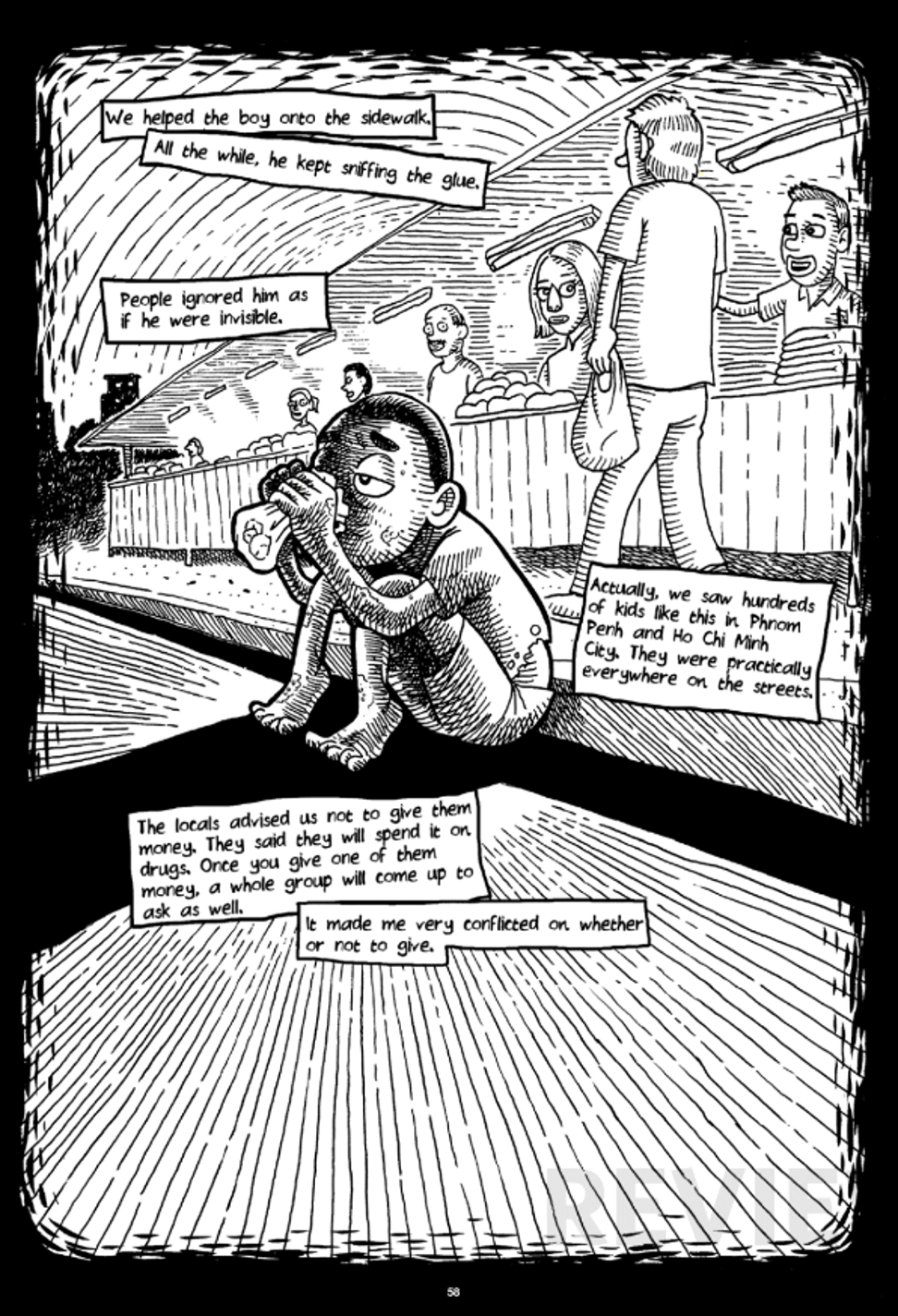
Despite the fact that the events in Reality B****slap took place in the early 2000s, Rafhan is keenly aware that the issues continue to affect Southeast Asia today – problems that might even be exacerbated by a desire to sweep unsavoury issues under the carpet.
“In Southeast Asia, we’re too focused on [our countries] becoming the most developed country that we forget this creates these problems too,” he says. “Are we going to close one eye while celebrating our successes? And are we going to punish these people as a solution?”
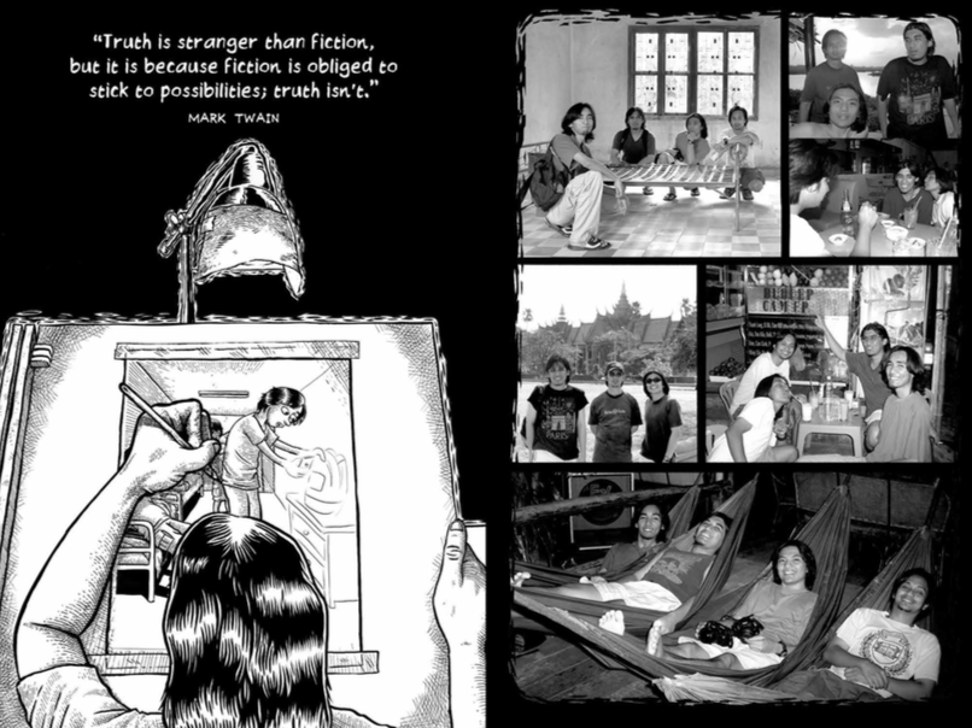
Rafhan says his aim isn’t to shame any country, or to moralise. Instead, he hopes that people in Southeast Asia develop “more love” for their less fortunate neighbours.
“My book isn’t debating these issues, but it is an offer for readers to open their eyes and be more empathetic to our neighbours,” he says. “We’re all struggling in some ways, and our goal in life is the same: to have a better life for ourselves and our families.”
